UN says "extent of the problem" in flood-hit Libya remains unclear
The United Nations has raised concerns about the situation in the flood-ravaged areas of Libya, citing civil strife as a main hindrance to aid efforts and calling on the fighting sides to put aside political deadlocks and divisions.
Martin Griffiths, Under-Secretary-General for Humanitarian Affairs and Emergency Relief Coordinator, said on Friday that the extent of the catastrophe in flood-ravaged areas is unclear as the country is divided between two rival authorities.
"I think the issue for us in Libya is of course coordinating with... the government and then the other authority in the east of the country," Griffiths said, adding: "We don't know the extent of the problem."
In the meantime, emergency workers continue sifting through the mud and rubble of the flood-hit areas in the hope of finding survivors.
The Red Cross chief in the country said on Friday that they still have hope of finding more survivors.
"The hope is there, is always there, to find people alive," said Tamer Ramadan, the head of the International Red Cross and Red Crescent's rescue effort in the North African country.
Emergency teams have kept up their search for the thousands still posted as missing from the tsunami-sized flash flood that swept the Libyan port city of Derna, killing at least 4,000 people.
The enormous surge of water burst two upstream dams late on Sunday and reduced Derna to an apocalyptic wasteland where entire city blocks and untold numbers of people were washed into the Mediterranean.
"Within seconds the water level suddenly rose," recounted one injured survivor who said he was swept away with his mother in the late-night ordeal before they both managed to scramble into an empty building downstream.
"The water was rising with us until we got to the fourth floor, the water was up to the second floor," the unidentified man said from his hospital bed, in testimony published by the Benghazi Medical Center.
"We could hear screams. From the window, I saw cars and bodies being carried away by the water. It lasted an hour or an hour and a half -- but for us, it felt like a year."
"This disaster was violent and brutal," said Yann Fridez, the head of the Libya delegation of the International Committee of the Red Cross, which had a team in Derna when the floodwaters hit.
"A wave seven meters high wiped out buildings and washed infrastructure into the sea. Now family members are missing, dead bodies are washing back up on shore and homes are destroyed," he said.
The floods were caused by hurricane-strength Storm Daniel, compounded by the poor infrastructure that existed in the area.
The United Nations, describing Libya's situation as "catastrophic", launched an appeal for more than $71 million to respond to the "most urgent needs of 250,000 people targeted out of the 884,000 people estimated to be in need".
Climate experts have linked the disaster to the impacts of global warming, combined with Libya's decaying infrastructure.
Volker Turk, UN High Commissioner for Human Rights, described the tragic event as yet another deadly reminder of the catastrophic impact of climate change on some areas.
“I am profoundly distressed that thousands of lives have been so brutally swept away in eastern Libya, and so many more people have lost their loved ones, their homes, their communities, and their access to basic needs. Storm Daniel is yet another lethal reminder of the catastrophic impact that a changing climate can have on our world.
"I call on all Libyan political actors to overcome political deadlocks and divisions and to act collectively in ensuring access to relief. This is a time for unity of purpose: all those affected must receive support, without regard for any affiliations," Turk said, calling on particular care units to ensure the protection of groups in vulnerable situations.
"Human rights need to be at the center of the response to this heartbreaking situation. We need to invest in prevention and resilience," he added.
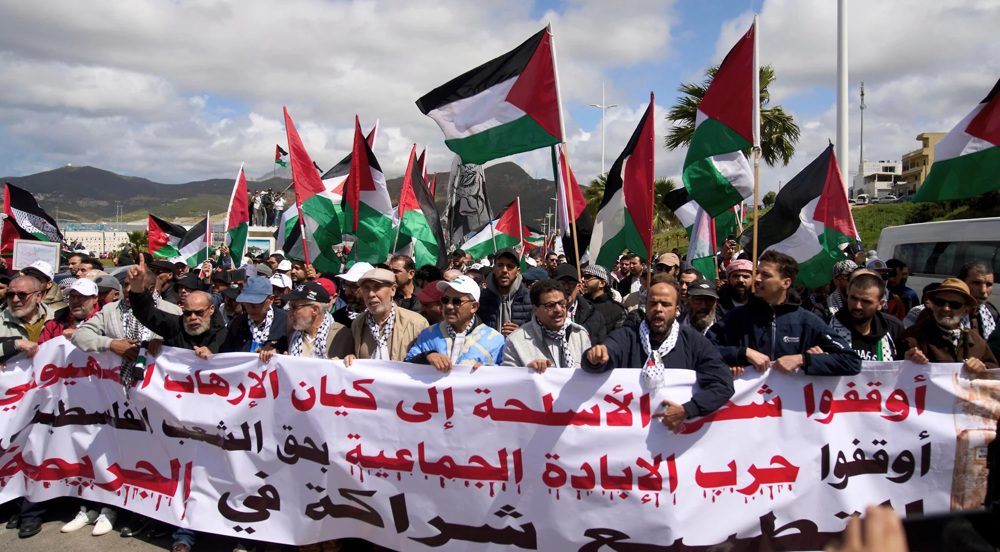
Moroccan port workers protest Maersk ship carrying F-35 parts to Israel
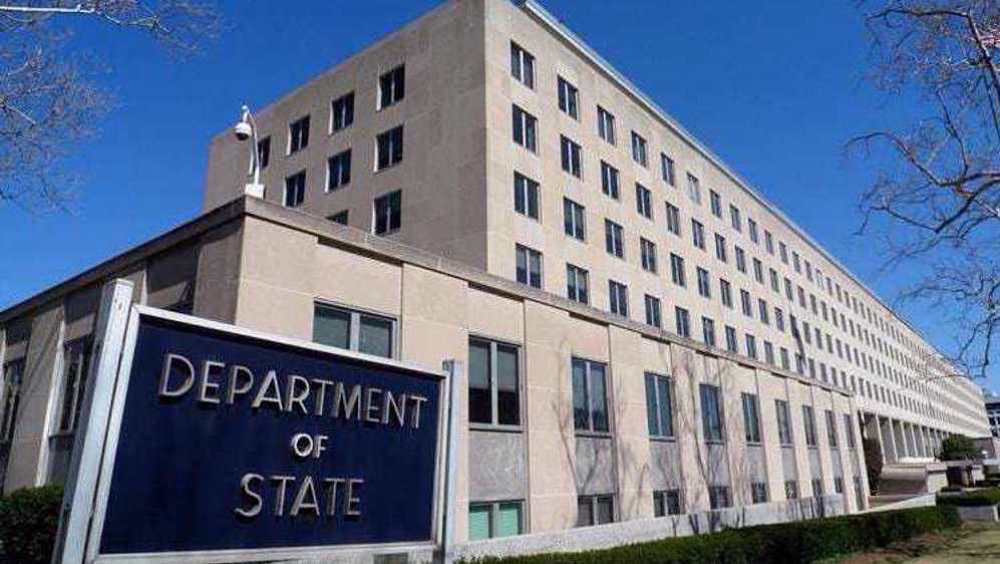
US approves potential sale of Stinger missiles to Morocco
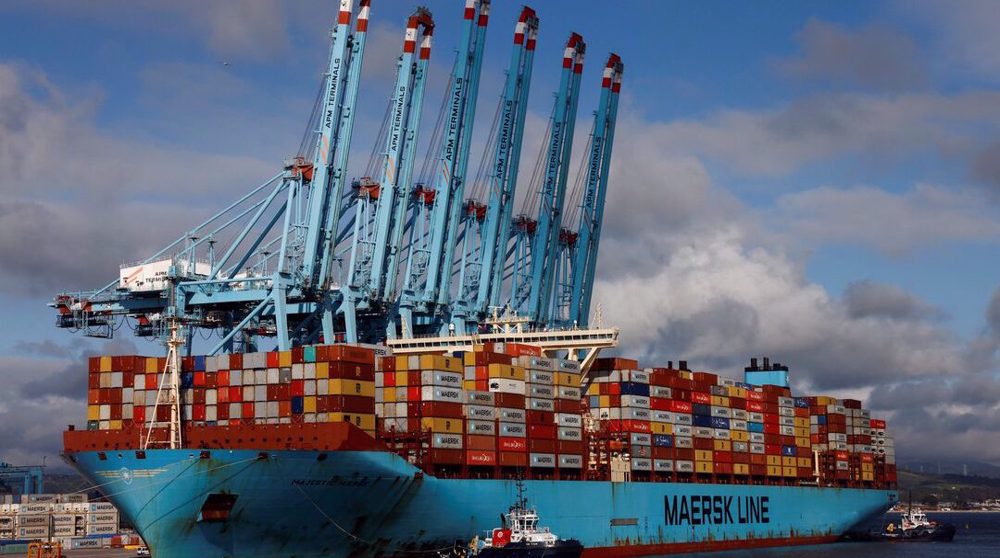
Morocco calls for boycott of Maersk ship over arms deliveries to Israel
Iran denies US investors will be present in its trade fair
Israeli forces kill three Palestinians in intensified West Bank raids
VIDEO | Press TV's news headlines
Nearly 600 children killed in renewed Israeli assault on Gaza: UN agency
Moroccan port workers protest Maersk ship carrying F-35 parts to Israel
Iran will ‘chart its own path’ if US refuses to negotiate on ‘equal footing’: President
Iran eyes more exports to Brazil to balance bilateral trade
Russia's President Putin ratifies bill for strategic partnership with Iran


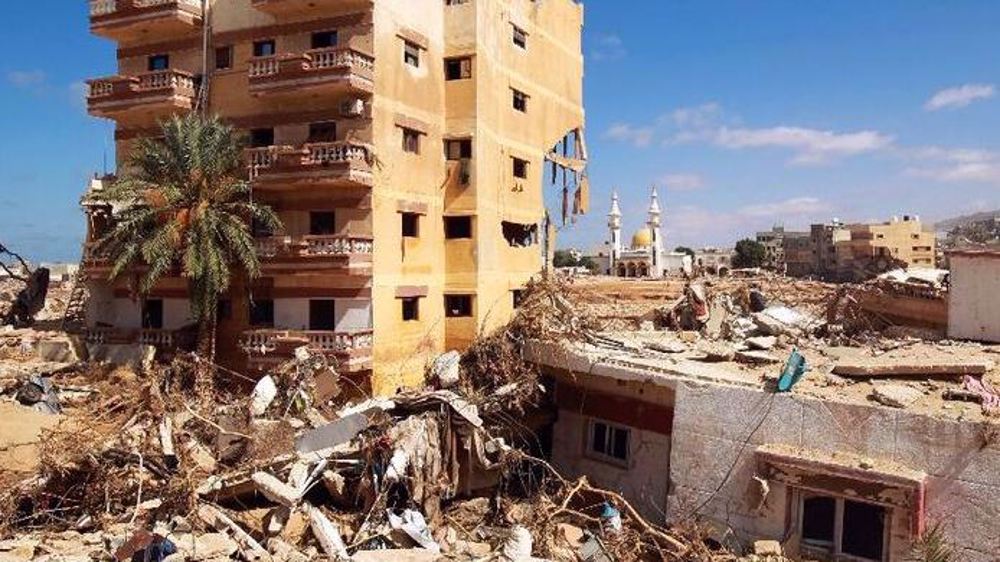



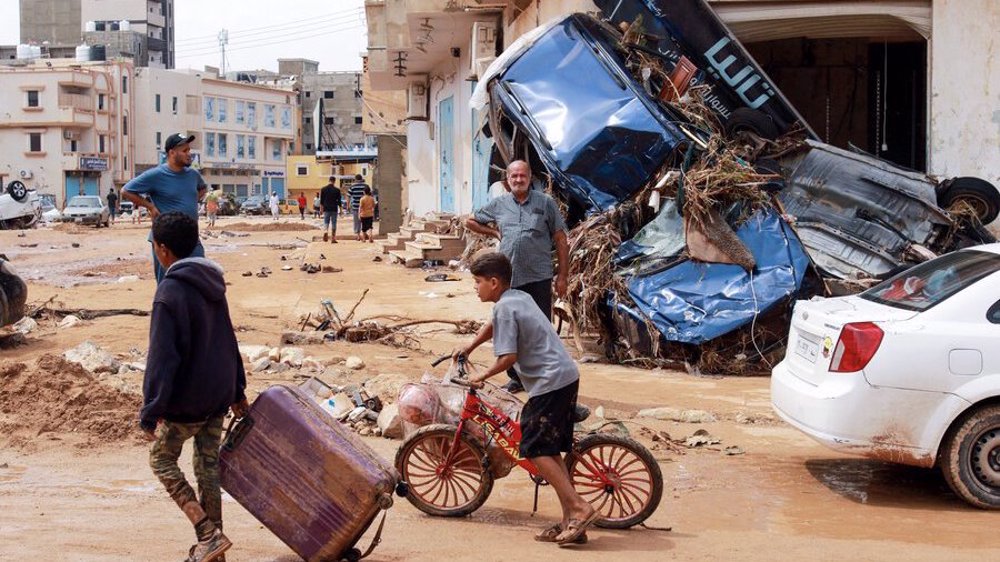
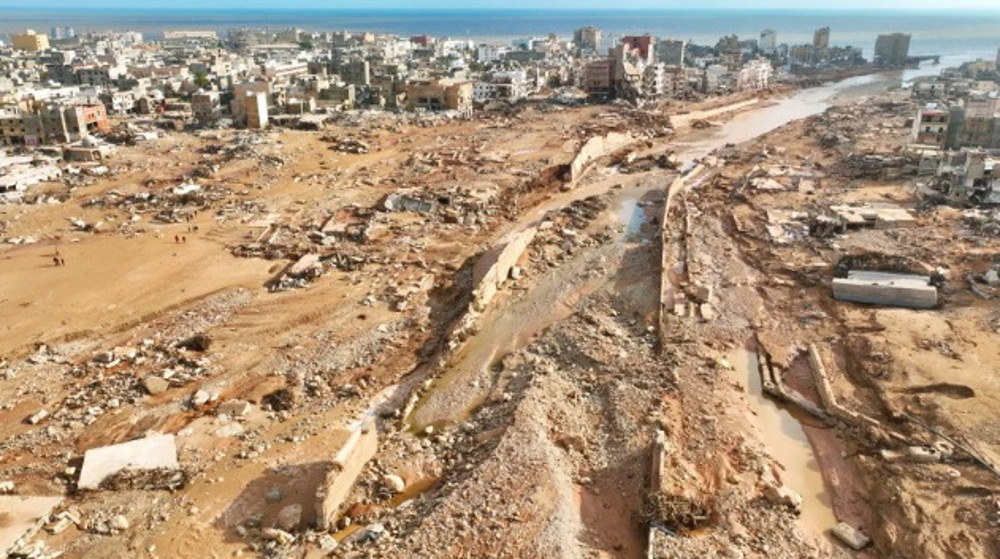
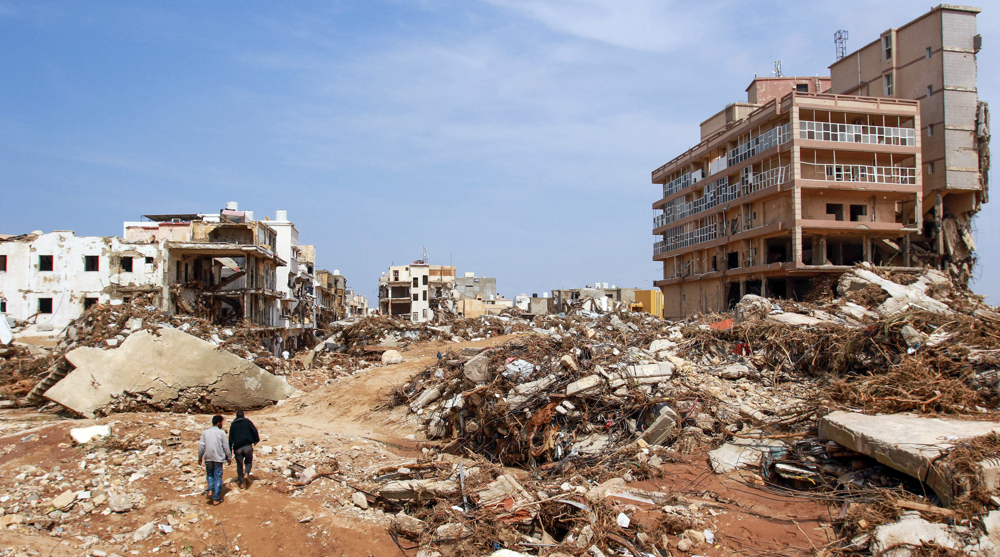
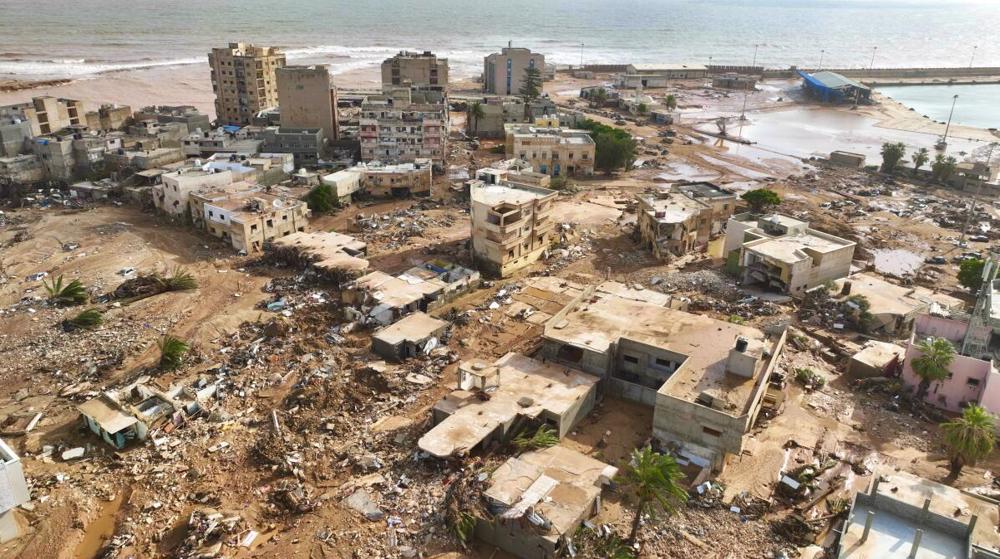
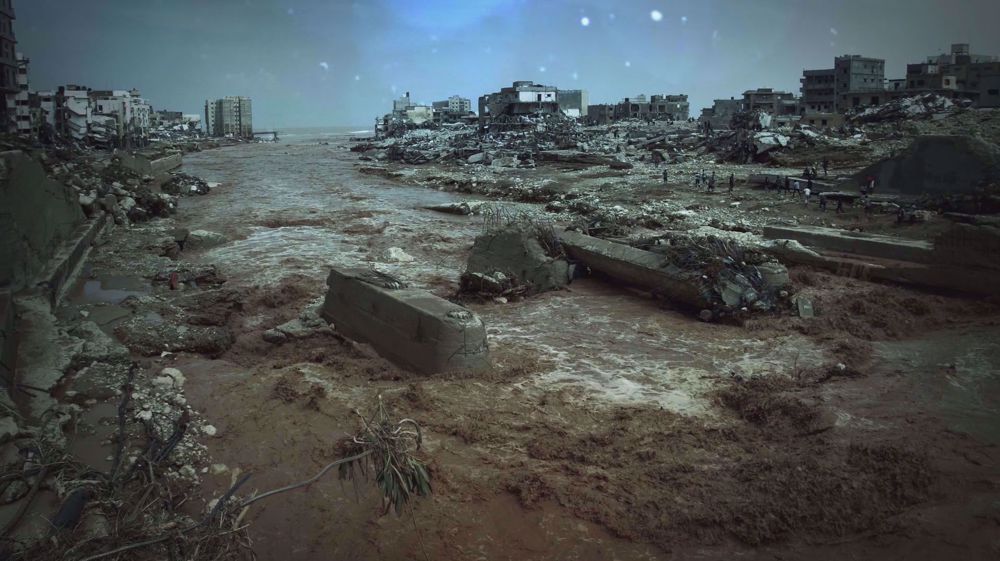
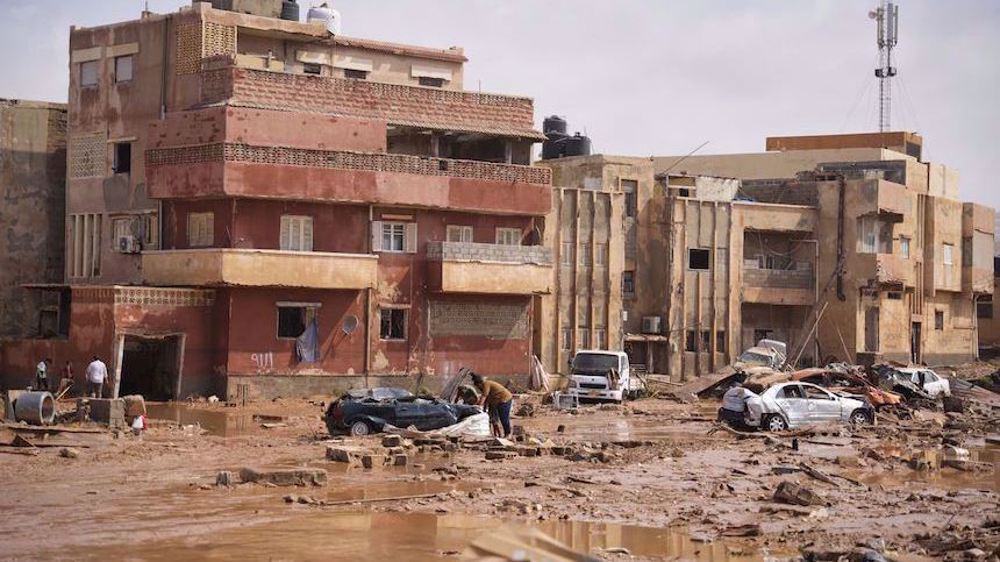

 This makes it easy to access the Press TV website
This makes it easy to access the Press TV website